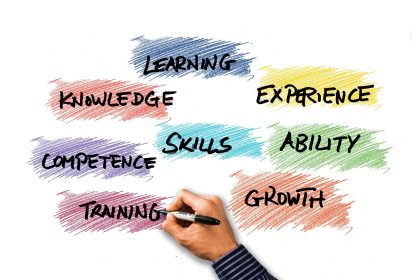 Self-reflection is powerful for supporting meaningful change. Sometimes self-reflection occurs naturally during quiet time. Alternatively, directed meditation, probing questions, and assessment tools are options. In coaching, supporting self-reflection for the client is essential.
Self-reflection is powerful for supporting meaningful change. Sometimes self-reflection occurs naturally during quiet time. Alternatively, directed meditation, probing questions, and assessment tools are options. In coaching, supporting self-reflection for the client is essential.
It is significant to note then when a client partners with a coach for self-reflection, they are potentially feeling very vulnerable. It is incumbent on the coach to be respectful and completely supportive of the client.
Techniques coaches use for self-reflection include exploring values and then exploring congruency between choices and values. For example, many clients cite family as something they value highly. At the same time, many clients go home to their families depleted from their work day and so invest minimal energy in their family. Many people have such full schedules they fail to make time for family. Bottom line, the incongruence between the value and the lifestyle is stressful. When the coach asks the client about their values, and then asks them about their realities now, the client becomes aware of incongruences and is thereby empowered to make different choices and plan appropriately.
Tools for self-reflection include assessments. Sometimes the assessments focus on values, other times on personalities, and still others assess specific skills. A 360 assessment provides feedback from others. Each of these tools is enhanced by coaching. The coach works with the client to reflect and understand the information. Next the coach asks the client what they want to change. From there, the coaching focuses on client strategy and action planning.



